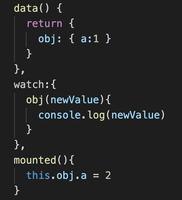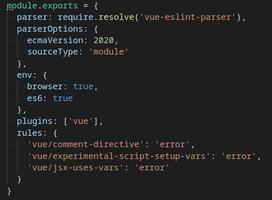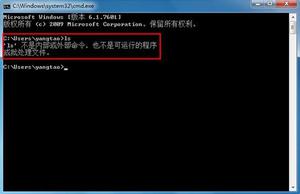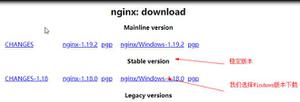vue 引入 mint-ui 简单使用
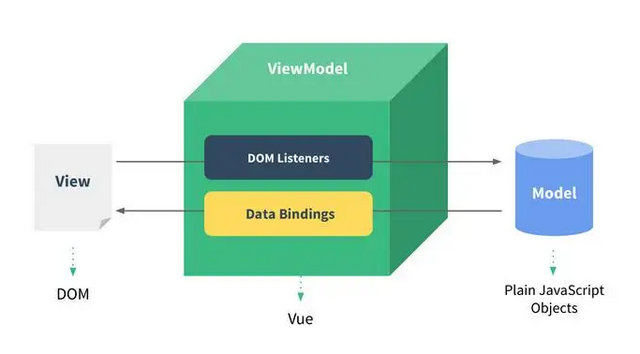
一 npm 方式
1,安装依赖 (已有项目)
如果想简单体验:基于vue-cli
/*
npm install vue -g
npm install vue-cli -g // -g 是否全局安装,如果不需要可不加
vue init webpack mint-pro
(一路回车默认即可)
*/
npm install -s mint-ui
2,main.js主函数配置
// 全局 mint-ui 引入
import Vue from \'vue\'import MintUI from \'mint-ui\'
import \'mint-ui/lib/style.css\'
import router from \'./router\'
import App from \'./App\'
Vue.use(MintUI);
Vue.config.productionTip = false
/* eslint-disable no-new */
new Vue({
el: \'#app\',
router,
components: { App },
template: \'<App/>\'
})
3,使用 app.vue
<template>
<div id="app">
<h2> hello mint-ui </h2>
<button @click="handleToast">click me!</button>
<button @click="handleIndictor">click me!</button>
<router-view/>
</div>
</template>
<script>
export default {
name: \'App\',
methods: {
handleToast () {
this.$toast({
message: \'提示\',
position: \'middle\',
duration: 5000
})
},
handleIndictor (){
this.$indicator.open({
text: \'loading\',
spinnerType: \'snake\'
});
setTimeout(() => {
this.$indicator.close()
},2000);
}
}
}
</script>
4,npm run dev 预览结果
1)toast
2) indicator
5, css 组件 直接把官方标签引入即可
<template><div class="hello">
<h3>css components</h3>
<mt-header title="标题过长会隐藏后面的内容啊哈哈哈哈">
<router-link to="/" slot="left">
<mt-button icon="back">返回</mt-button>
</router-link>
<mt-button icon="more" slot="right"></mt-button>
</mt-header>
<h3>form components</h3>
<mt-switch v-model="value">开关</mt-switch>
</div>
</template>
<script>
export default {
name: \'HelloWorld\',
data() {
return {
value: false
}
}
}
</script>
5.1 对应效果
以上是 vue 引入 mint-ui 简单使用 的全部内容, 来源链接: utcz.com/z/375527.html



